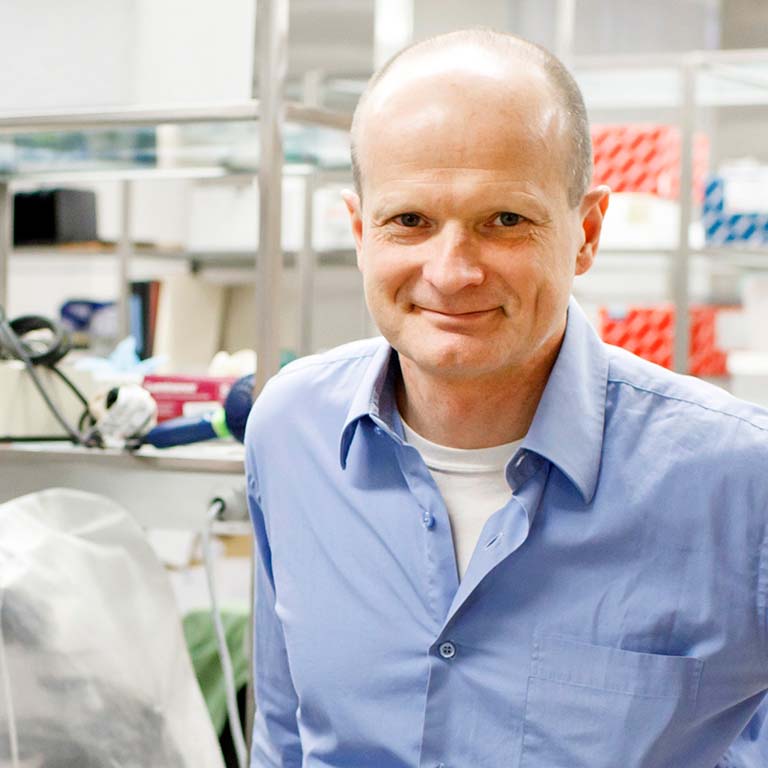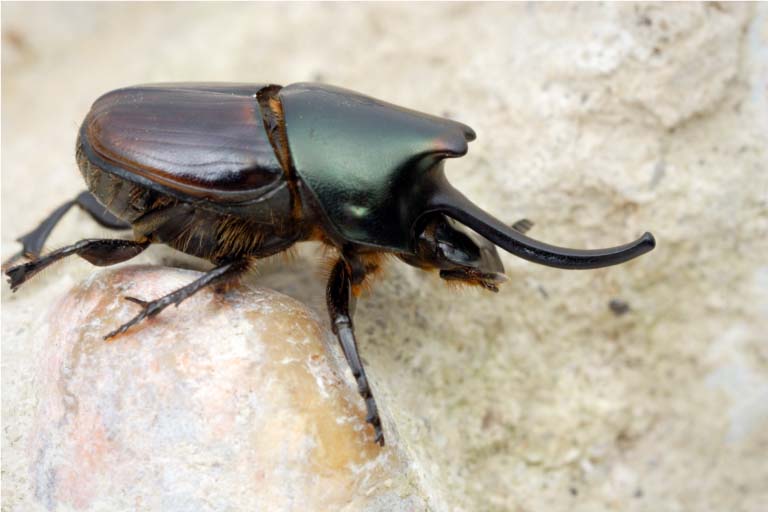An Indiana University biologist will direct an international research effort to understand how plants, mammals and insects play an active role in directing their own development and evolution under a $1.97 million grant from the John Templeton Foundation.
The leader of the project, which spans five universities in three countries, is Armin Moczek, a professor in the IU Bloomington College of Arts and Sciences' Department of Biology and an internationally recognized expert on evolutionary development.
"Our current understanding of evolutionary development primarily regards organisms as passive objects: the by-products of mutations that introduce new variation and natural selection that sorts among that variation," Moczek said. "This grant will to move us toward a much broader view by supporting research on whether specific biological mechanisms enable organisms to play an active role in when and how they produce variations and evolve adaptations."
In other words, Moczek said the project will explore the ways in which organisms function as active agents in their own development and evolution. "In doing so, we will explore what a 'scientific theory of agency' might look like, and how it may help us better understand why development and evolution unfold the way they do,"he added.
To illustrate how organisms can play a role in their own development and evolution, Moczek gives a couple of examples:
The first example is ants, which show agency at the level of the social group, or colony. Individual ants do not understand the needs of their colony, he said, yet the colony as a whole can adjust in response to changes in the environment—such as the unexpected appearance of new food sources, the partial destruction of foraging paths after a storm or changes in vegetation over time. These adjustments, which better enable them to adapt to new conditions or resist stress, emerge through thousands of small interactions among individual ants.
The other is tooth and jaw development in mice. In this case, agency emerges at the cellular level, Moczek said. "Individual cells don't control the precise shape and size of the tooth they help build, but rather each tooth's size, shape and function emerges through these cells' interaction across multiple tissues." As a result, jaws and teeth form to fit together—as do the teeth on upper and lower jaws.
"In both instances," Moczek added, "form and function emerge through interactions between component parts in response to both internal and external conditions. This responsiveness is key because it allows organisms—as well as their building blocks, such as cells and tissues and organs—to form structures that are not only adaptive, functional and resistant to stress, but also flexible in response to new demands."


 The College of Arts
The College of Arts